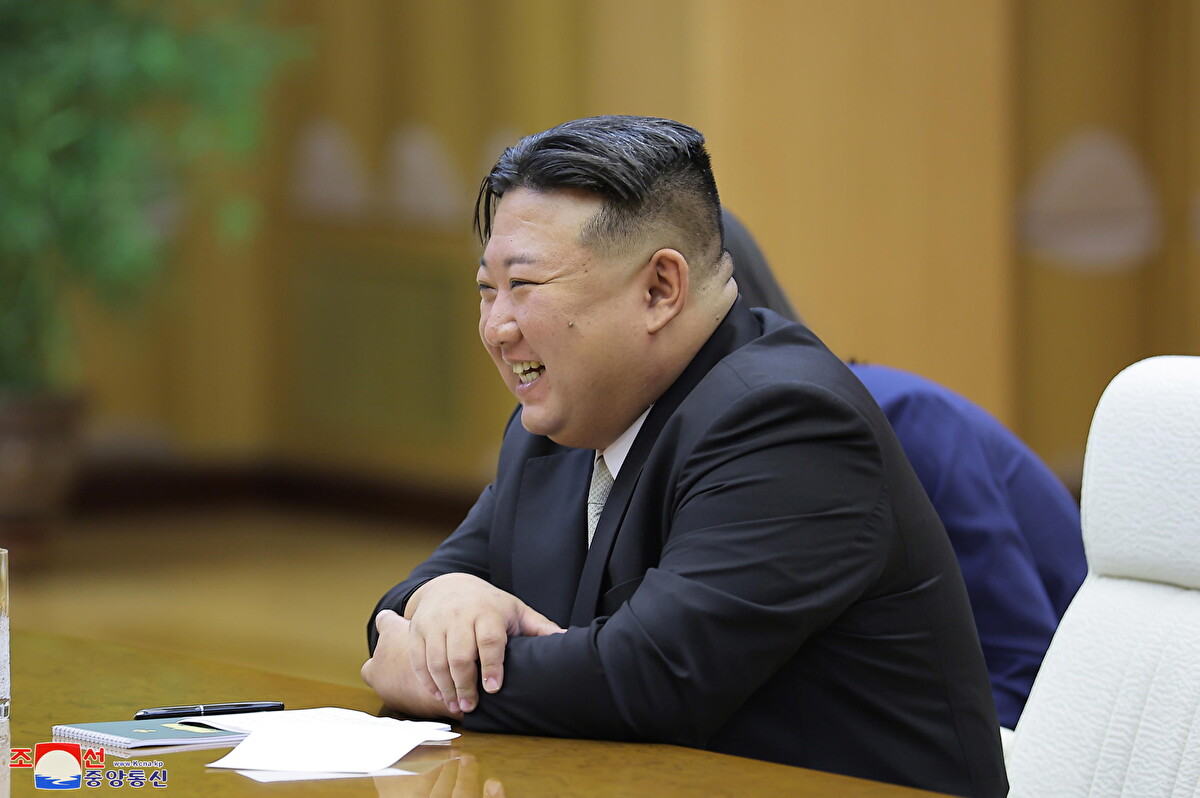U.S. President Donald Trump told European leaders last week that the next round of talks between Russia and Ukraine could take place in mid-June at the Vatican, according to officials briefed on the conversation.
The Wall Street Journal wrote that Several European governments had pushed to condition the talks on an immediate ceasefire. Trump opposed the word “unconditional,” despite having used it previously to call for a 30-day pause in fighting. The final language was revised to remove the term, people familiar with the exchange said.
Italian Prime Minister Giorgia Meloni said Tuesday that Pope Leo XIV was willing to host the negotiations. But on Wednesday, Kremlin spokesman Dmitry Peskov said no agreement had been reached. “This decision is made by all parties involved. No such decision has been made yet,” Peskov told reporters.
Finnish President Alexander Stubb said Wednesday that “technical talks” could begin at the Vatican as soon as next week. He said U.S. and European officials were expected to participate. The European Commission also confirmed that both American and EU representatives were likely to attend.
Trump spoke with European leaders shortly after a phone call with Russian President Vladimir Putin. According to people familiar with the discussion, Trump said Putin was not ready to end the war in Ukraine and believed he was making gains on the battlefield.
The comments marked a shift from Trump’s previous position. In recent months, he had argued that Putin was serious about peace and had urged Kyiv to make concessions, including abandoning plans to join NATO.
Trump’s assessment did not lead to stronger action. He had earlier said he would support new sanctions against Russia if Putin refused a ceasefire during their call. After the conversation, he backed off that position. In public remarks, he described the call as having an “excellent” tone and spirit.
According to The New York Times, Trump later told Ukrainian President Volodymyr Zelensky and several European leaders that they would have to “find a solution themselves.”
Trump said he would send Secretary of State Marco Rubio and special envoy Keith Kellogg to attend the Vatican talks, but sources told The Wall Street Journal he was “noncommittal” about how involved the U.S. would be.
The potential summit comes days after Russia and Ukraine met for direct talks in Istanbul on May 16 — their first in more than three years. That meeting ended without progress. Russian delegates, led by Kremlin adviser Vladimir Medinsky, demanded that Ukraine surrender four regions Moscow claims but does not fully control. They also reportedly warned of further military advances if the demand was not met.
On Thursday, Peskov again denied that any agreement had been made about talks in the Vatican. He dismissed reports from Finland and the U.S. as premature. “There are no concrete agreements on future meetings. This still needs to be worked out,” he said.
Neither the Istanbul talks nor the Trump-Putin call appeared to move Russia closer to a ceasefire. Putin has rejected Kyiv’s calls for an unconditional truce and instead proposed a “memorandum” outlining Russia’s terms, which remain vague.












